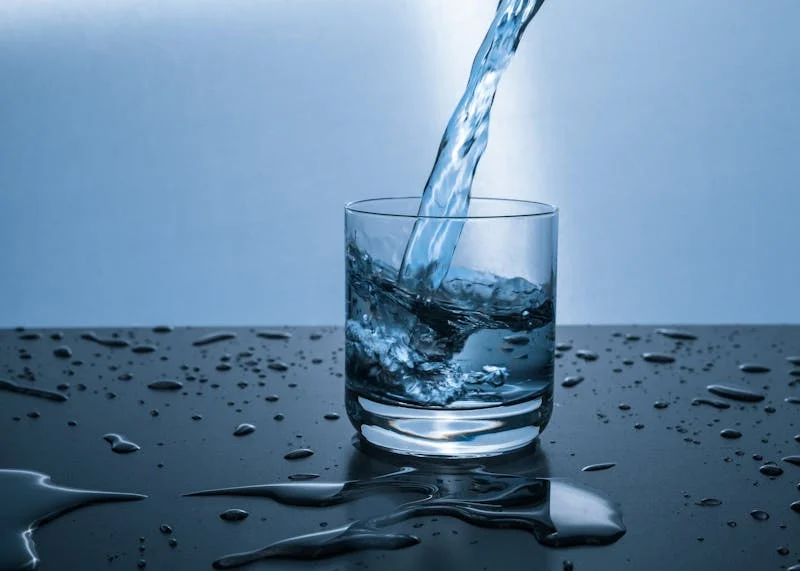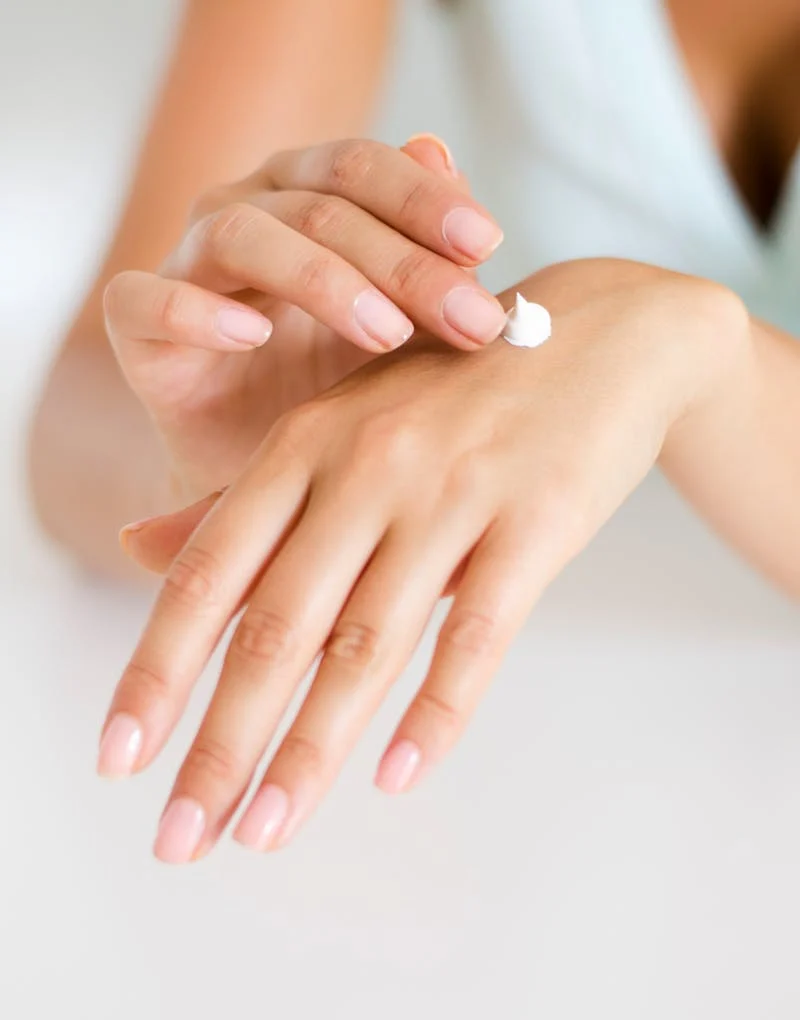Can flying dehydrate you?
Table of Contents
- Introduction
- How Flying Can Lead to Dehydration
- Dehydration Symptoms During Air Travel
- Tips to Stay Hydrated While Flying
- Importance of Hydration for Air Travel
- Impact of Dehydration on Health
- My Personal Experience with Dehydration while Flying
- FAQs about Dehydration and Air Travel
- Can flying make you dehydrated?
- How does the air in the cabin affect hydration levels?
- What are the long-term effects of frequent dehydration during flights?
- Is drinking water the only way to stay hydrated while flying?
- Can certain foods help prevent dehydration during air travel?
- Should I avoid alcohol and caffeine while flying to prevent dehydration?
- Conclusion
Introduction
Have you ever wondered if flying dehydrates you?
Well, the answer is a resounding “yes.”
As someone who loves to travel and has experienced the effects of dehydration firsthand during flights, I can attest to the importance of staying hydrated while in the air.
In this comprehensive guide, we will explore how flying can lead to dehydration, the symptoms to watch out for, and most importantly, provide you with practical tips on how to stay hydrated during air travel.
So buckle up, and let’s dive into the world of dehydration at 30,000 feet!
How Flying Can Lead to Dehydration
When we think about flying, we often consider the cramped seats, long security lines, and jet lag.
However, one aspect that is frequently overlooked is how flying can impact our hydration levels.
Several factors contribute to dehydration during air travel:
Low Humidity Levels
The air inside an aircraft cabin has extremely low humidity levels, typically around 10-20%.
To put this into perspective, the humidity in a comfortable indoor environment is around 30-50%.
The lack of humidity in the cabin air can lead to increased moisture evaporation from our bodies, causing dehydration.
Limited Access to Water
During a flight, access to water can be restricted, especially on shorter flights or budget airlines where complimentary drink services may be limited.
This limited access to water can make it challenging to stay adequately hydrated throughout the journey.
Diuretic Effects of Caffeine and Alcohol
Many passengers indulge in a cup of coffee or a glass of wine during their flight to relax or stay awake.
However, caffeine and alcohol have diuretic effects, meaning they can increase urine production and contribute to dehydration if not balanced with sufficient water intake.
Make sure to drink plenty of water if you are drinking alcohol before your flight. This will help to insure you do not dehydrate yourself while flying.
Dehydration Symptoms During Air Travel
It’s essential to be aware of the symptoms of dehydration, especially during air travel, to prevent any adverse effects on your health and well-being.
Some common signs of dehydration while flying to watch out for include:
- Thirst and dry mouth
- Fatigue and dizziness
- Headache and lightheadedness
- Dark urine and decreased urine output
- Dry skin and lips
- Muscle cramps and weakness If you experience any of these symptoms during a flight, it’s crucial to address your hydration levels promptly. Ignoring dehydration can lead to more severe complications and discomfort during and after your journey.

Tips to Stay Hydrated While Flying
Now that we understand why flying can dehydrate you let’s explore some practical tips to help you stay hydrated and comfortable during your next flight:
1. Drink Plenty of Water
Make sure to drink water regularly before, during, and after your flight.
Aim to sip water every 15-30 minutes to stay hydrated effectively.
Consider bringing a reusable water bottle and refilling it after passing through security.
If you do not drink enough water while flying, you can dehydrate yourself.
2. Avoid Excessive Caffeine and Alcohol
While it may be tempting to indulge in coffee or alcohol during your flight, try to limit your intake as they can contribute to dehydration.
Opt for water or herbal tea as a hydrating alternative.
3. Moisturize Your Skin
Combat the dry air in the cabin by moisturizing your skin with a hydrating lotion or facial mist.
This can help prevent skin dryness and keep you feeling refreshed throughout the flight.
4. Opt for Hydrating Foods
Snack on hydrating fruits and vegetables such as cucumber, watermelon, and celery during your flight.
These foods have high water content and can contribute to your overall hydration levels.
5. Use a Humidifier or Nasal Spray
Consider using a personal humidifier or saline nasal spray to add moisture to the air you breathe.
This can help prevent nasal dryness and discomfort, especially during long-haul flights.
Importance of Hydration for Air Travel
Staying hydrated during air travel is not just about avoiding discomfort; it’s essential for your overall health and well-being.
Adequate hydration plays a crucial role in:
- Maintaining proper bodily functions
- Regulating body temperature
- Supporting immune system function
- Improving cognitive performance
- Preventing muscle cramps and fatigue By prioritizing hydration before, during, and after your flight, you can ensure that your body is functioning optimally and reduce the risk of dehydration-related complications.
Impact of Dehydration on Health
The effects of dehydration can be more pronounced during air travel due to the unique conditions inside an aircraft cabin.
Prolonged dehydration can have a significant impact on your health, leading to:
- Increased stress on the heart and cardiovascular system
- Headaches and migraines
- Reduced cognitive function and focus
- Digestive issues such as constipation
- Muscle cramps and weakness
- Exacerbation of existing medical conditions By understanding the potential consequences of dehydration, you can take proactive steps to prioritize your hydration levels and mitigate any adverse effects while flying.

My Personal Experience with Dehydration while Flying
As a frequent traveler, I have had my fair share of experiences with dehydration during flights.
On one particularly long journey, I underestimated the effect of the dry cabin air and limited water availability.
As a result, I experienced severe dehydration symptoms, including headaches and fatigue, that persisted even after reaching my destination.
Since then, I have made it a priority to stay hydrated before, during, and after every flight.
By following a few simple tips, such as bringing a reusable water bottle and choosing hydrating foods, I have been able to avoid dehydration and arrive at my destination feeling refreshed and ready to explore.
FAQs about Dehydration and Air Travel
Can flying make you dehydrated?
Yes, flying can lead to dehydration due to low humidity levels in the aircraft cabin, limited access to water, and the diuretic effects of caffeine and alcohol.
How does the air in the cabin affect hydration levels?
The air in the cabin has low humidity levels, which can increase moisture evaporation from the body, leading to dehydration.
What are the long-term effects of frequent dehydration during flights?
Frequent dehydration during flights can have long-term effects on your health, including increased stress on the heart, reduced cognitive function, and digestive issues.
Is drinking water the only way to stay hydrated while flying?
While drinking water is the most effective way to stay hydrated, you can also consume hydrating foods, use moisturizers, and avoid excessive caffeine and alcohol to maintain hydration levels.
Can certain foods help prevent dehydration during air travel?
Yes, foods with high water content such as fruits and vegetables can help prevent dehydration and contribute to your overall hydration levels during air travel.
Should I avoid alcohol and caffeine while flying to prevent dehydration?
While you don’t have to avoid alcohol and caffeine altogether, it’s essential to consume them in moderation and balance them with water to prevent dehydration.
Conclusion
In conclusion, flying can indeed dehydrate you due to a combination of low humidity levels, limited water availability, and the diuretic effects of certain beverages.
However, by following the tips outlined in this guide, such as drinking plenty of water, moisturizing your skin, and opting for hydrating foods, you can stay hydrated and comfortable during your next flight.
Remember, prioritizing hydration is not just about avoiding dry skin or thirst; it’s about safeguarding your health and well-being, especially in the unique environment of an aircraft cabin.
So, the next time you take to the skies, make sure to keep “does flying dehydrate you” top of mind and stay hydrated for a safe and enjoyable journey!

